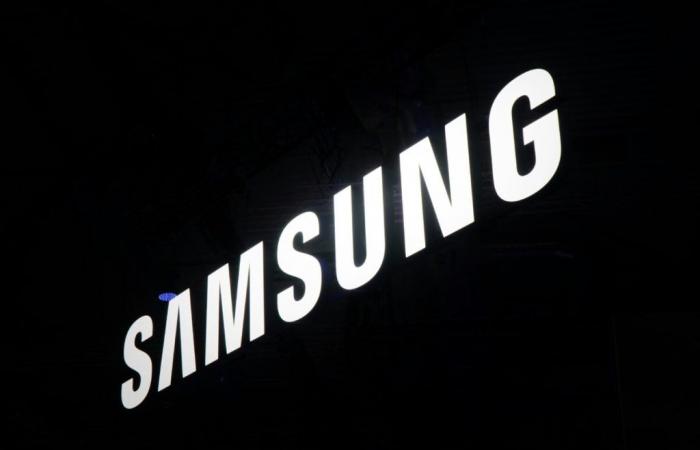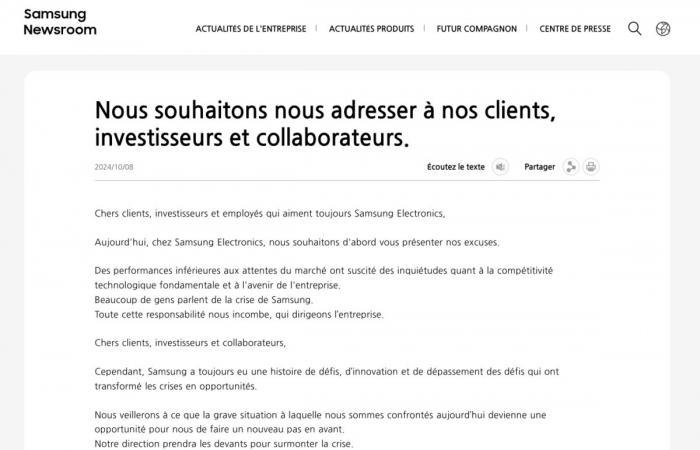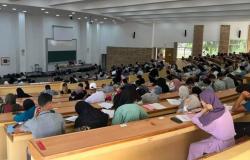Samsung has just proven that money isn’t everything. With a letter of apology made public despite staggering profits, the company raises questions about the true indicators of success in the cutthroat world of high technology.
Despite colossal profits, Samsung issued a public apology letter.
Samsung apologizes despite its billions
Samsung, the South Korean electronics giant, has just apologized to investors via a public letter. What makes this approach particularly surprising? The company also announces profits amounting to several billion euros. So why apologize when the numbers look good?
Let’s start with the facts: Samsung forecasts revenue of 79 trillion won (around 53.6 billion euros) and profit of 9.1 trillion won (around 6.2 billion euros) for the third quarter of 2024. euros) before taxes. For ordinary people, these figures are dizzying. But in the cutthroat world of high technology, they are considered… disappointing.
Indeed, analysts were counting on a profit of 10.3 trillion won (around 6.9 billion euros). A gap which may seem minimal, but which had the effect of a cold shower on the markets. As analyst Lee Min-hee told Reuters : « The results are a shock compared to what many analysts initially expected« .
But then, how can we explain this gap between expectations and reality? This is where things get interesting.
The challenges hidden behind the billions
The letter from Young Hyun Jun, head of Samsung Device Solutions, highlights several major challenges facing the company. First, Samsung admits it’s behind schedule on its artificial intelligence chip deal with a major customer. In a sector where AI is the new holy grail, this delay could cost the company dearly in the long term.
Additionally, Samsung’s Chinese rivals are increasing their chip supply, putting further pressure on the South Korean company’s margins.
This situation is all the more problematic because Samsung’s late response to the AI chip market means the company remains highly dependent on traditional, low-margin chips. This dependence makes it more vulnerable to market fluctuations, including falling demand for smartphones and computers.
Finally, in the race for HBM (High Bandwidth Memory) chips, essential for AI servers, Samsung is lagging behind its compatriot SK Hynix, which already supplies Nvidia, the market leader.
These challenges explain why, despite numbers that would make any company dream, Samsung feels obliged to apologize. The company recognizes that its “ performance has not met market expectations, raising concerns about [sa] fundamental technological competitiveness and the future of the company« .
Towards a change of strategy?
Young Hyun Jun’s letter doesn’t just apologize. It also announces a change of approach. Rather than looking for short-term solutions to artificially boost the numbers, Samsung promises to focus on its “ fundamental competitiveness« .
This strategy could involve several axes. We can imagine a massive investment in R&D, particularly in the field of AI and high-performance chips.
Samsung could also look to diversify its partnerships to reduce reliance on a single major customer.
Optimization of production processes to better compete with Chinese manufacturers on conventional chips also seems possible.
Finally, an acceleration in the development of HBM chips to catch up with SK Hynix in the AI server market seems inevitable.







